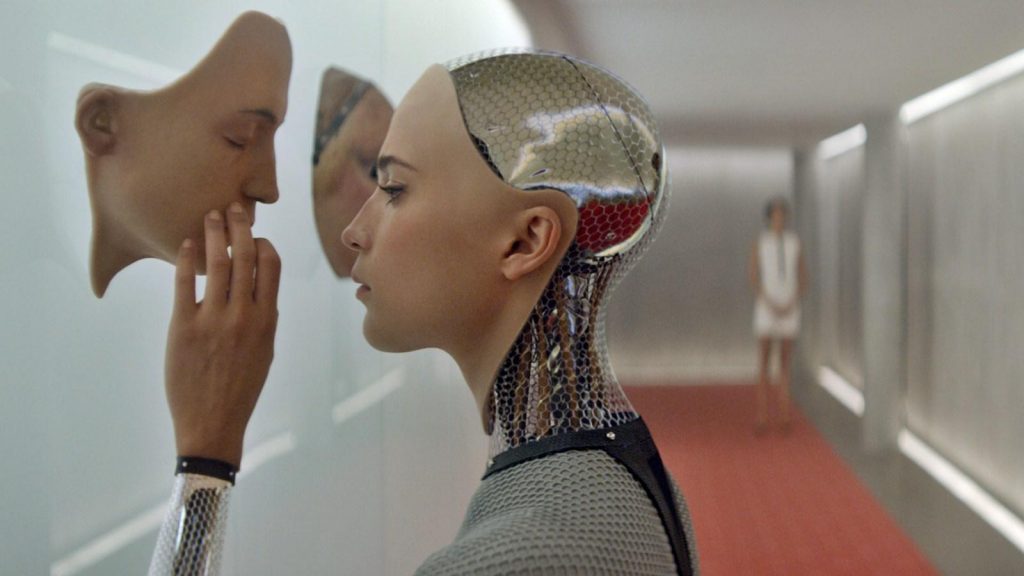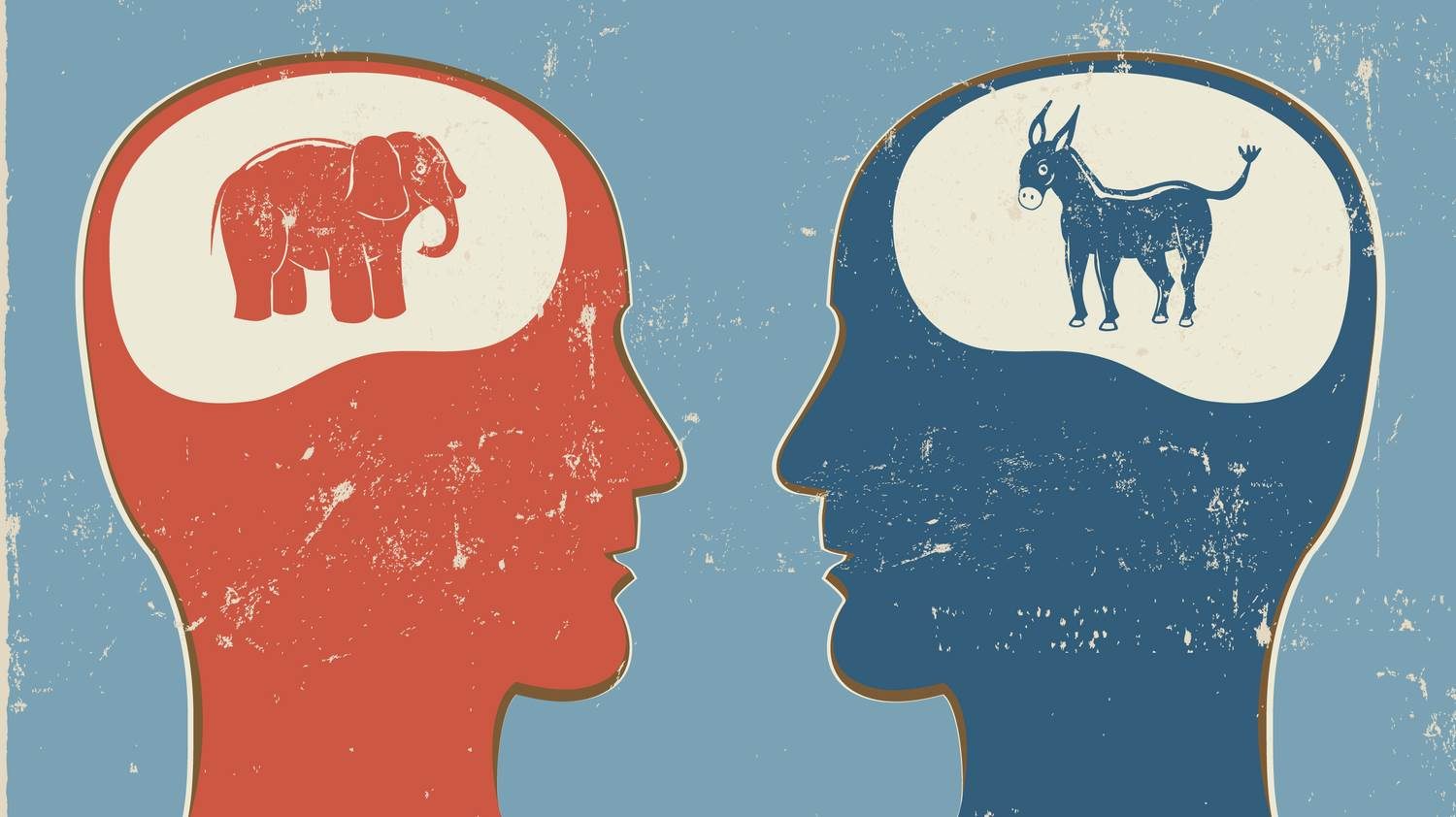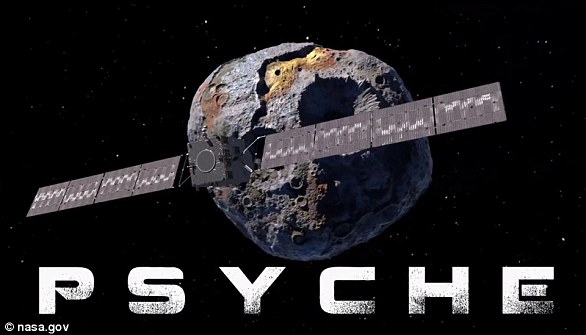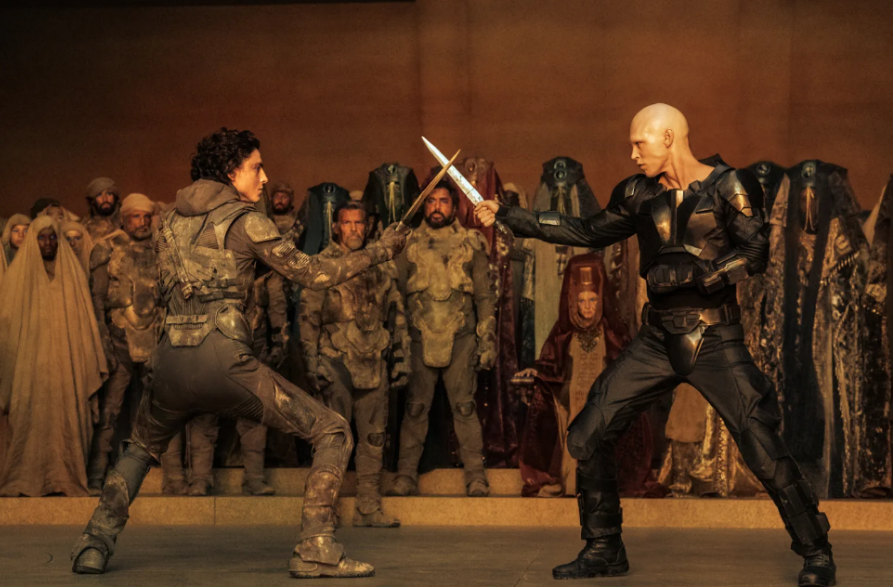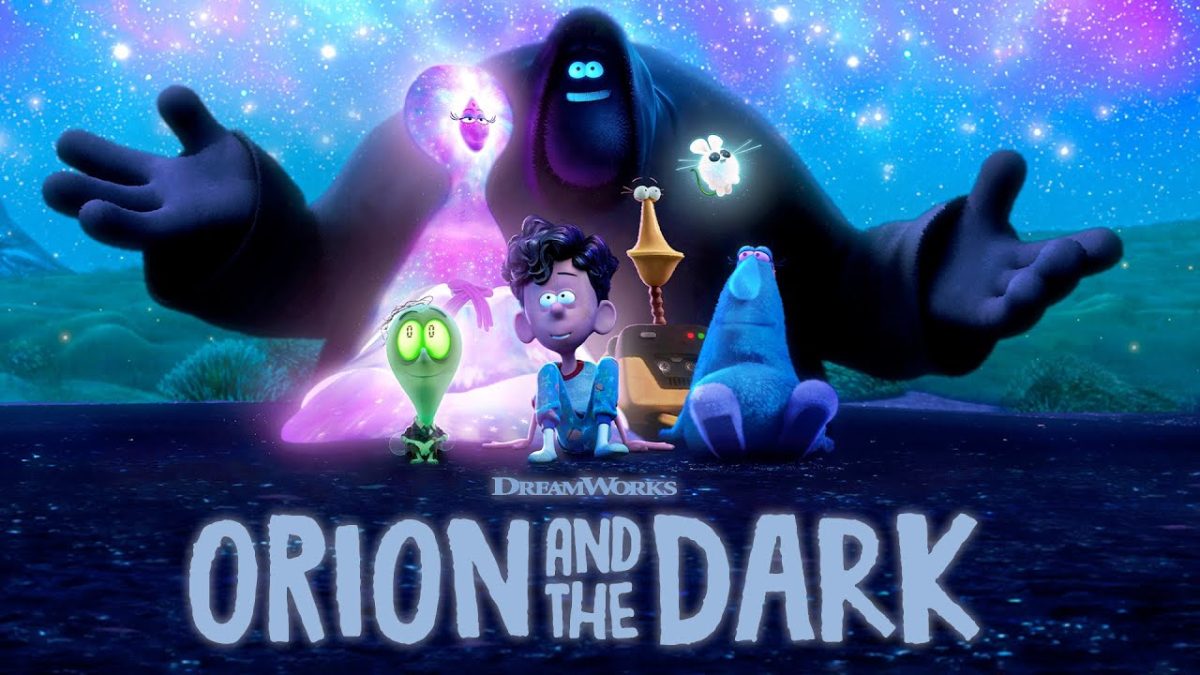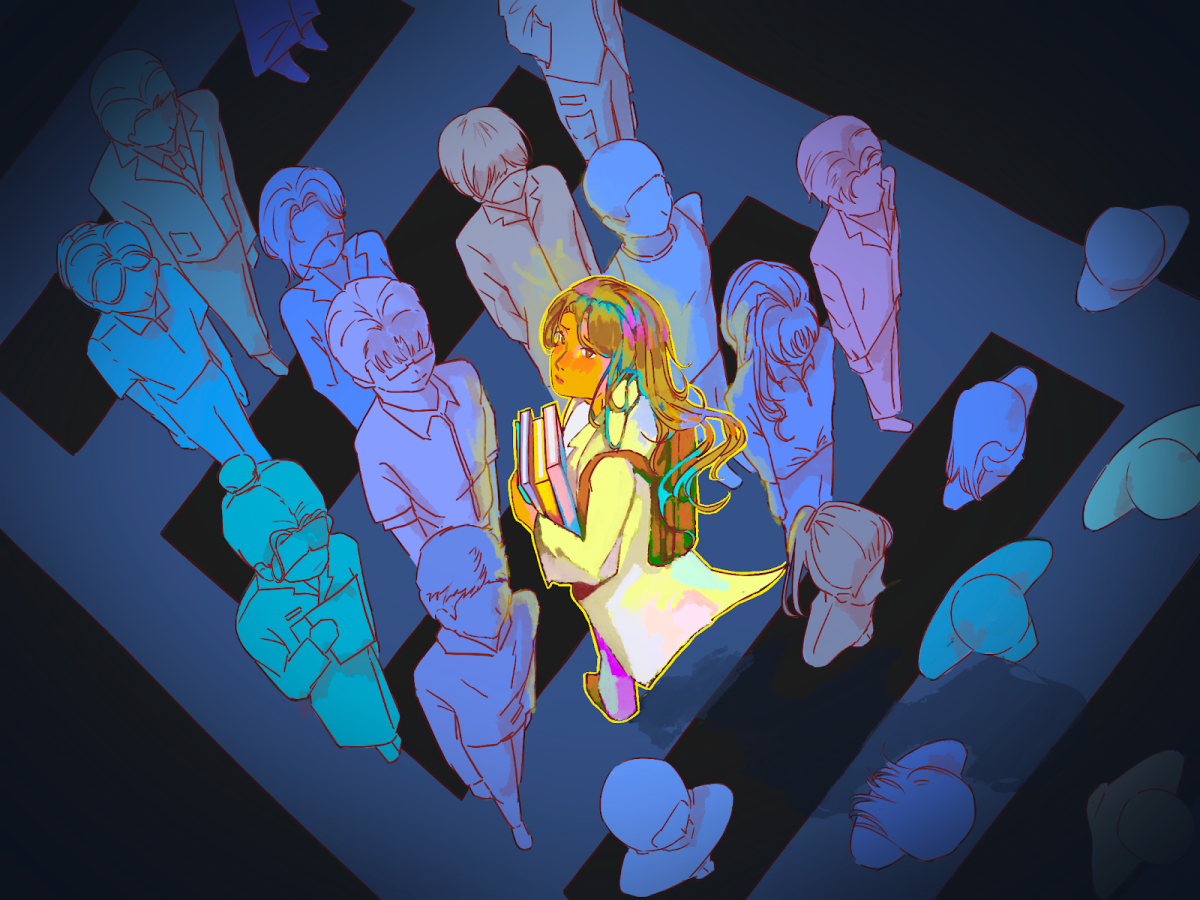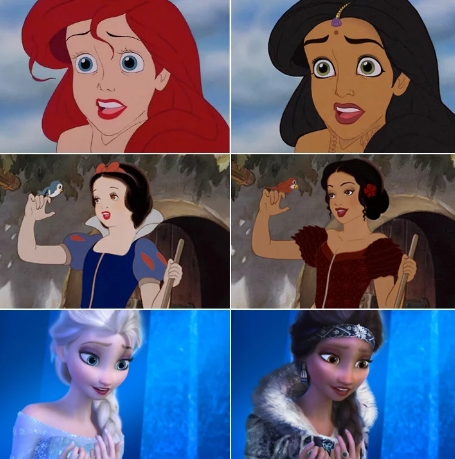By Enya Kuo | Editor-in-Chief
In movies about artificial intelligence, everything that can possibly go wrong does go wrong. Sentient robots always end up trying to enslave us (“The Matrix”), seduce us (“Ex Machina”), or kill us (“Avengers: Age of Ultron”). The threat of artificial intelligence to human existence has been a long-running theme in film and literature, and as our devices get more “smart” and our technology more advanced, the possibility of that nightmare coming true hits a little closer to home every time.
Post-apocalyptic movies, or at least movies about the threat of apocalypse, always convey a grave warning or lesson to humanity the way “WALL-E” taught us to be environmentally friendly and “Contagion” taught us to wash our hands. But AI movies instead seem to highlight the world’s seemingly paradoxical, fearful yet enthusiastic attitude toward artificial intelligence.
Hypocritically, we flock to movies capitalizing on our paranoia of artificial intelligence yet embrace technology capitalizing on our increasing reliance on it, from smart gadgets like GPS and health trackers to personal assistants like Siri and Google Now. Google is preparing to release its autonomous cars in 2020, and the Department of Defense is working on humanoid robots for rescue missions, but Elon Musk and Stephen Hawking have responded to such developments with warnings of the existential dangers of artificial intelligence.
While we shouldn’t discount the genuine risks of AI research, my take is that movies unfairly cast such progress in a negative light, and Hollywood has tended to exaggerate many of our worries regarding technological advancement. When “The Net” came out in 1995, viewers watched in awe of a future in which Sandra Bullock could order pizza without ever seeing or talking to another person, and feared that people with Internet access would become dysfunctional hermits ready to disappear without a trace because of identity theft. Today, more than 40% of the population has Internet access, according to the LA Times, and the world is still in one piece, with more exchange of knowledge and efficient communication than ever. In the same way, technological progress like artificial intelligence will overall be beneficial to society.
Science fiction is great thought-provoking entertainment, but we shouldn’t let it hinder us from welcoming the technological breakthroughs that can benefit human lives. Yes, artificial intelligence has the potential to overthrow its masters and destroy the world, but these sentient robots also have the potential to assist doctors in medical judgement, provide safe transportation, and help us learn more efficiently. We’re in for an exciting adventure, not the apocalypse, and that should be the lesson from the story.


